Backed by Israel, US and EU allies submit anti-Iran draft resolution to IAEA Board of Governors
The United States and the three European signatories to the 2015 nuclear deal, backed by the Israeli regime, have reportedly submitted to the International Atomic Energy Agency's Board of Governors a draft resolution censuring Iran’s nuclear program.
The United States and the EU troika -- Britain, Germany and France -- submitted the draft to the 35-nation board on Tuesday, accusing Iran of failing to offer transparent responses to the IAEA's questions over nuclear activities at three sites.
According to the draft, seen by Reuters, the board "expresses profound concern that the safeguards issues related to these three undeclared locations remain outstanding due to insufficient substantive cooperation by Iran, despite numerous interactions with the agency."
The draft resolution will be debated and put to vote at this week's quarterly meeting of the Board of Governors.
The resolution is still believed to exclude a recommendation to refer Iran’s case to the UN Security Council, a move that would significantly escalate tensions and likely sink the ongoing talks to revive the 2015 agreement.
Iranian officials have warned that the IAEA has been politically compromised, saying Tehran has fully cooperated with the agency in resolving the outstanding issues. The Foreign Ministry's spokesman, Saeed Khatibzadeh, said on Monday that Iran would respond based on what happens at the board meeting.
The resolution against Iran is believed to have stemmed from information within two quarterly reports on the country’s nuclear activities that were circulated among board members last week.
Khatibzadeh said the IAEA's reports were "hasty" and "not accurate" and "overlook all the measures and responses that Iran has provided with precision and in a technical way."
Later on Monday, Head of the Atomic Energy Organization of Iran (AEOI) Mohammad Eslami said Tehran has given accurate answers to questions posed by the IAEA, but the agency bases its reports on the information provided by the enemies of Iran.
Eslami also criticized a trip last week by the IAEA’s Director General Rafael Grossi to the Israeli occupied territories.
The Israeli regime has openly called on the nuclear watchdog to censure Iran’s nuclear program. In brazen remarks to the Knesset on Tuesday, the regime’s Prime Minister Naftali Bennett said Israel expected the IAEA's Board of Governors to strongly condemn Iran and make sure "it will pay a heavy price."
Iranian Foreign Minister Hossein Amir-Abdollahian said on Monday that the “un-constructive” move by the US and Europeans would disrupt negotiations to salvage the multilateral deal, officially known as the Joint Comprehensive Plan of Action (JCPOA).
The Board of Governors' meeting is taking place as a pause in the Vienna process entered its third month. Tehran blames the US and its allies France, Britain, and Germany for failing to act constructively during the talks.
Under the JCPOA, Iran accepted certain caps on its nuclear program in exchange for the removal of international sanctions. The US, however, unilaterally abandoned the deal in 2018 and re-imposed sweeping sanctions despite Tehran’s full compliance with its share of obligations.
Iran will give strong response to any resolution, revise Vienna talks: MP
A senior Iranian lawmaker said on Tuesday that the IAEA chief's visit to the Israeli occupied territories proved once again that the agency has "turned into a political organization instead of being a technical one."
"The West cannot achieve their desired results in the negotiations and get more concessions from the Islamic Republic, and [therefore] is using the agency and its reports as a tool to exert pressure on the Islamic Republic. It will definitely receive a strong response," said Vahid Jalalzadeh, who is chairman of the Parliament's Committee on National Security and Foreign Policy.
"If a resolution is issued, we will certainly reconsider the trend of negotiations with the P4+1 [group of countries] on the JCPOA," he added.
Jalalzadeh said the Iranian lawmakers expect the administration to thoroughly implement a 2020 law that tasked it with suspending more commitments under the JCPOA, and end the voluntary implementation of the Additional Protocol to the nuclear Non-Proliferation Treaty (NPT).
The law – dubbed the Strategic Action Plan to Counter Sanctions – prompted the Iranian administration to restrict the IAEA’s inspections and accelerate the development of the country’s nuclear program beyond the limits set by the JCPOA.
E3 draft resolution against Iran 'extremely doubtful': Russia
Meanwhile, head of the Russian negotiating team Mikhail Ulyanov on Tuesday expressed extreme doubt about the draft resolution against Iran.
The Western participants in the #ViennaTalks on the #JCPOA submitted a draft resolution on #Iran for adoption at the current session of the #IAEA BoG. For unknown reasons they believe that a resolution is the best way to address outstanding safeguards issues. Extremely doubtful.
— Mikhail Ulyanov (@Amb_Ulyanov) June 7, 2022
"For unknown reasons they believe that a resolution is the best way to address outstanding safeguards issues. Extremely doubtful," Ulyanov, who serves as Russia’s Permanent Representative to International Organizations in Vienna, said in a tweet.
Hamas hails Gaza’s victory over Israel in genocidal war, its forcing enemy to agree to ceasefire
'Capitulation': Israeli officials and media concede Gaza defeat as truce unfolds
'Gaza has won': Social media users react to ceasefire with mix of relief, joy
Iran seeks South Korea’s assistance for AI, fiber-optic projects
VIDEO | Iran's 'Eqtedar' (Power) maneuver
Israel hits HTS military target in Syria for 1st time since fall of Assad
VIDEO | Press TV's news headlines
Israel has slaughtered 13,000 students in Gaza, West Bank


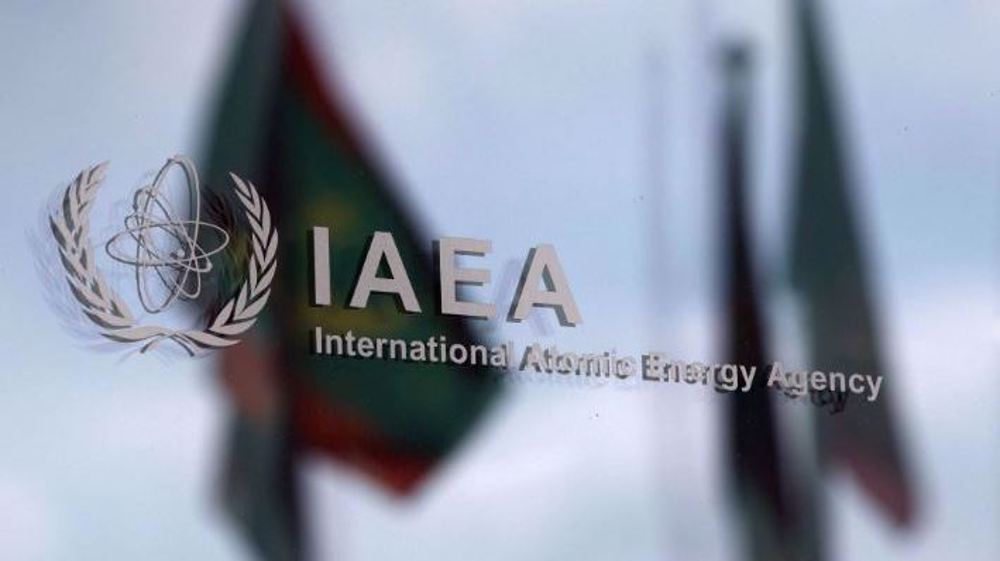
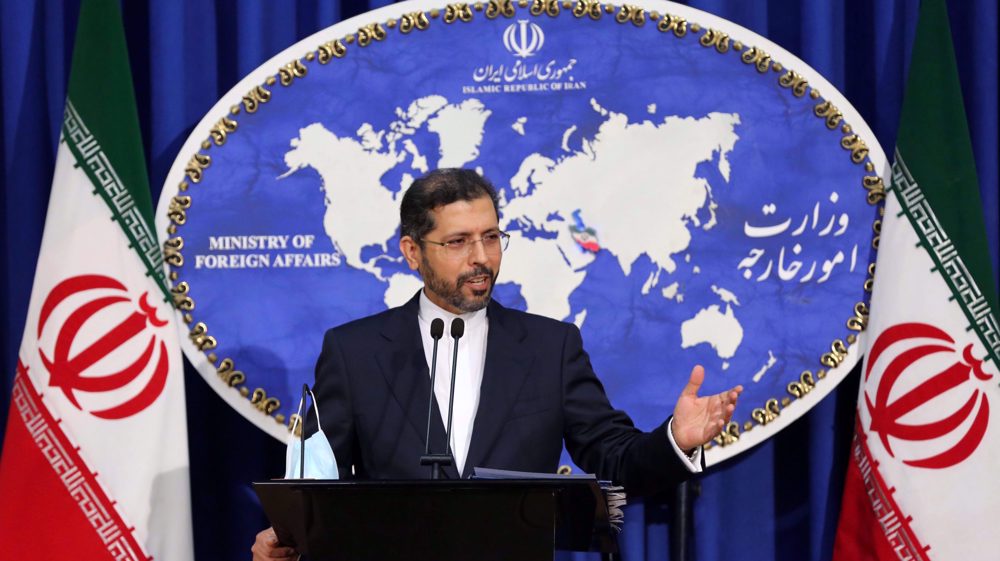
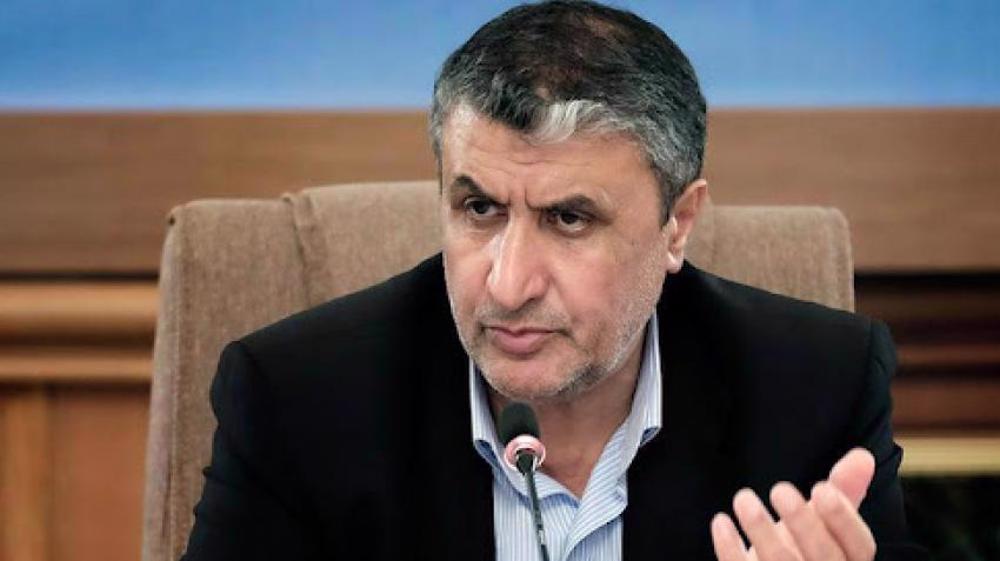
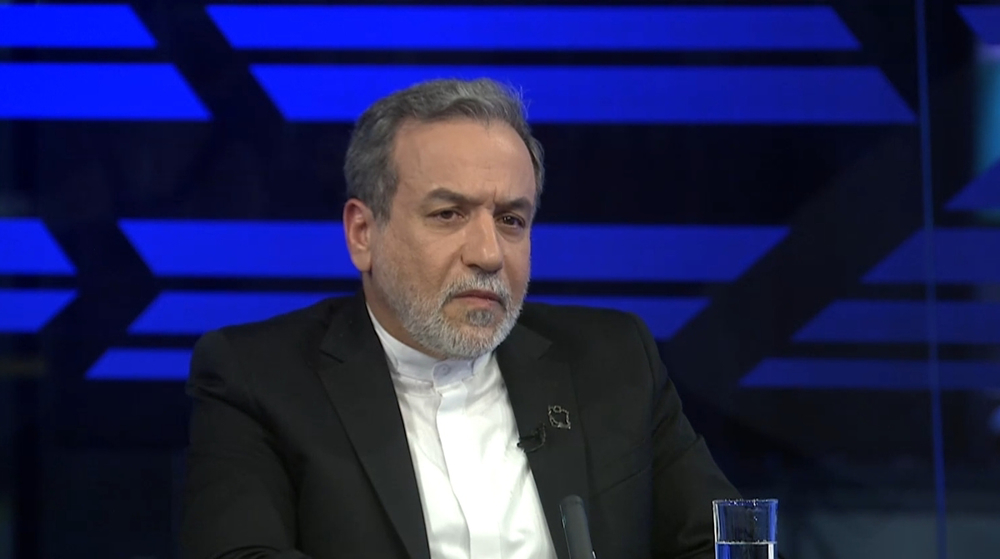

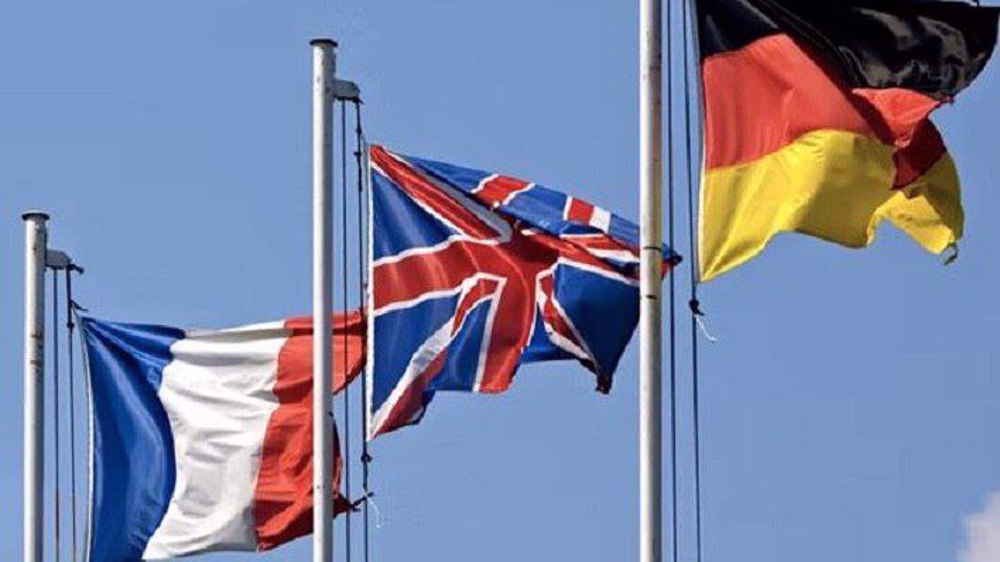




 This makes it easy to access the Press TV website
This makes it easy to access the Press TV website